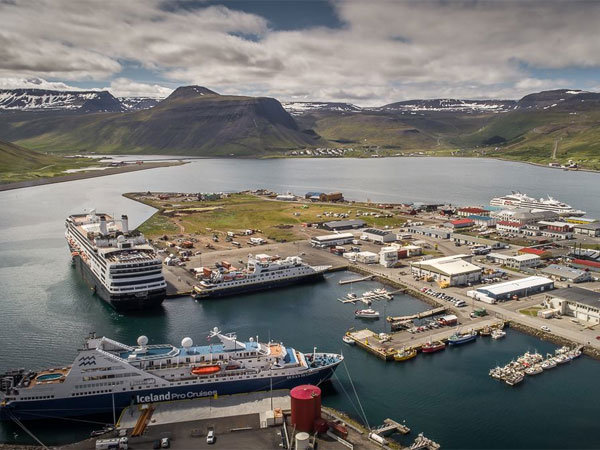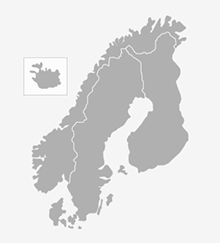Ports are complex systems that have always been evolving to satisfy new demands for their different layers of physical infrastructure, operation and management, and products and services. Under a volatile and rapidly changing environment, addressing uncertainties in the planning process increases the success of port development projects.
Ports are pivotal nodes in the multimodal transport system, where they function as logistics centers for the flow of cargos and passengers. They have prominent status in the supply chain and economic growth of countries. Although port development promotes social and economic benefit, a poorly-performing port may miss opportunities, harm the environment, and waste resources.
The complex and dynamic nature of ports in the volatile market environment as well as economic, social, environmental, and political changes, create a high degree of uncertainty that can affect the port success. Furthermore, black Swan events, for instance, the world financial crisis in 2008, natural disasters such as the volcanic eruptions in Iceland in 2010, the COVID-19 pandemic in 2020, can change the future course of ports. On the other hand, sustainability has become a high-profile objective of decision makers in port infrastructure planning. Therefore, the planning and design of port infrastructure that requires capital investments with a long payback period is challenging and risky.

The port of Isafjordur, the third busiest port of call for cruise ships in Iceland.
Photo: GUSTI
Adaptive Port Planning (APP) accommodates diverse objectives of stakeholders and delivers robust solutions that can better withstand the vagaries of the future by incorporating uncertainty and flexibility in the development plan of greenfield and brownfield ports. The Faculty of Civil and Environmental Engineering at the University of Iceland is conducting a research project to implement APP to the Ports of Isafjordur Network in Iceland, the first such project in Iceland.
This research presents a framework of stakeholder analysis to apply effective and timely stakeholder engagement with different strategies throughout the port planning process. The success of the plan is defined by reaching consensus among stakeholders with different objectives.
A port throughput forecast method is developed that accounts for epistemic uncertainty. The method meaningfully increases the reliability of a port throughput forecast and provides useful information for decision makers to develop flexibility in port capacity planning to meet (uncertain) cargo flow development.
Furthermore, a structured framework is developed to deal with uncertainties including opportunities and vulnerabilities that manifest during the projected lifetime of a port. Effective actions are planned to seize opportunities and manage vulnerabilities and move the plan towards its defined success. Thus, the framework supports the Port Authority for informed decision making in the port planning process and strategic implementation of the plan in the face of uncertainty.
This research investigates the criteria of flexibility and sustainability in different layers of the port and assesses the costs and values of flexibility and sustainability. Moreover, a monitoring system will be designed to continuously monitor and forecast port performance indicators to maintain the competitive edge of the port by activating pre-planned actions and strategies. A contingency plan will be prepared to safeguard the main plan against possible unknown unknowns and black swans throughout the lifetime of the port.
This research is supported in part by the Doctoral Grants of the University of Iceland Research Fund, the Municipality of Isafjordur, and the Icelandic Road and Coastal Administration Research Fund.
Read more:
– Eskafi, M., Fazeli, R., Dastgheib, A., Taneja, P., Ulfarsson, G. F., Thorarinsdottir, R. I., and Stefansson, G., 2020. “A Value-Based Definition of Success in Adaptive Port Planning: A Case Study of the Multipurpose Port of Isafjordur in Iceland”, Maritime Economics and Logistics, 22 (3), pp. 403-431. https://doi.org/10.1057/s41278-019-00134-6
– Eskafi, M., Fazeli, R., Dastgheib, A., Taneja, P., Ulfarsson, G. F., Thorarinsdottir, R. I., and Stefansson, G., 2019. “Stakeholder Salience and Prioritization for Port Master Planning, a Case Study of the Multi-Purpose Port of Isafjordur in Iceland”, European Journal of Transport and Infrastructure Research, ISSN: 1567-7141, 19 (3), pp. 214-260, https://doi.org/10.18757/ejtir.2019.19.3.4386
 Contact:
Contact:
Majid Eskafi
mae47@hi.is
University of Iceland, Iceland






Follow us: